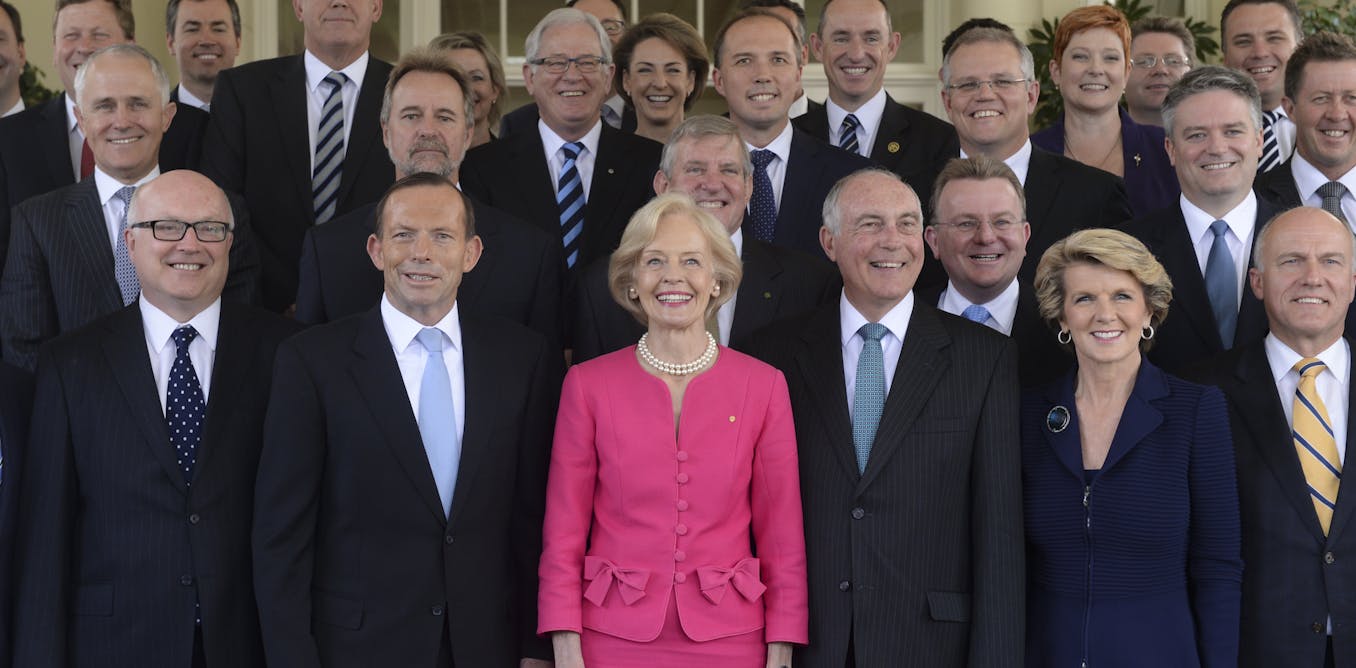
- Select a language for the TTS:
- UK English Female
- UK English Male
- US English Female
- US English Male
- Australian Female
- Australian Male
- Language selected: (auto detect) - EN
Play all audios:
The Gulf crisis has reminded us why we still rely on naval power. The seizure of a British tanker by Iran should not have happened. The proximate cause was the failure of the Royal Navy to
protect our shipping, but the underlying problem is our lack of warships. There has been much criticism of “gunboat diplomacy without the gunboats”. That is inaccurate: Britain is not
deploying gunboat diplomacy, a pejorative phrase that implies aggression that dates from the Agadir crisis of 1911, when a German gunboat, the Panther, was despatched to Morocco. Rather, the
Royal Navy is acting in defence of the freedom of the high seas, which has been its role for centuries. To perform this global role, however, a minimum level of force is required — and we
have allowed our fleet to sink far below that level. With a mere 77 ships in commission, many of which will be undergoing repairs at any given time, the Navy is smaller than it has been
since the 17th century. Oliver Cromwell and Charles II differed about most things, but on the importance of an oceangoing fleet they agreed wholeheartedly. Samuel Pepys is remembered as a
diarist, but he was also Chief Secretary to the Admiralty under Charles and James II. Under his able stewardship, the Navy became a well-equipped, professional organisation. Over the next
two centuries, British sea power surpassed its rivals. By keeping international waters open, the Royal Navy made possible the rise of free global commerce, the abolition of the slave trade
and the thwarting of all attempts to dominate Europe, from Louis XIV and Napoleon to the Kaiser and Adolf Hitler. The United States Navy took over this role after the Second World War. Since
then, the Royal Navy has been allowed to decline in size, if not in efficiency. Yet the Falklands War reminded us that we still depend on the Queen’s Navy to deter and if necessary defeat
rogue states that threaten our vital interests. Britain remains a maritime nation, more dependent on trade than any other comparable country, even if most Britons are unaware of the fact. In
failing to anticipate Iran’s act of piracy, it appears that both the Prime Minister and the Foreign Secretary failed in their duties. They were too busy with domestic politics to take
action in time. Now we are faced with a hostage crisis and the threat of further attacks by the Iranian Revolutionary Guard. This threat applies not only to British-registered tankers but to
all shipping in the Gulf. HMS Montrose has done well so far but one frigate is quite unable to deter dozens of Iranian boats across 100 miles of waterway. She is due to be relieved by a
more powerful destroyer, the Duncan, but will then return to port. A third warship is not expected in the region until September. This level of deterrence is plainly inadequate. The only
solution is to accept the offer of help from the Trump administration. Boris Johnson should have no qualms about doing so, because he is a more confident politician than Theresa May. Sharing
the task of keeping the Gulf open with the much larger American task force there would not imply that Boris was acting as Donald Trump’s lieutenant. The Anglo-American alliance has been the
basis of our diplomacy for 70 years. When asked whether he would support a war with Iran, Boris answered firmly “no”. That is of course correct — but only assuming that Iran does not make
war on us. Seizing ships in international waters is an act of piracy, but when it is backed by a powerful state such as the Islamic Republic, with a long history of regional aggression and
global terrorism, then such seizures may be construed as acts of war. What gives the present crisis a much more serious dimension is of course Tehran’s threat to resume developing nuclear
weapons. The European Union has dismissed that threat, as part of its policy — to which the UK is still signed up — of preserving the 2015 deal at all costs. The European desire to avoid
military conflict is understandable, but it smacks of appeasement. Iranian sabotage and seizure of tankers is one form of sabre-rattling, but there have also been credible reports of
terrorism planned against US bases in the region — not mention the ayatollahs’ long-standing threat to annihilate Israel. Iran continues to support both Assad’s genocidal regime in Syria,
the Houthi rebels in Yemen and Hezbollah in Lebanon. The likelihood that this violent despotism will, sooner or later, precipitate armed conflict is higher than ever before. As a former
Foreign Secretary, Boris Johnson will know that the Gulf requires his immediate attention. His role is to persuade President Trump not to act unilaterally, but to form a coalition of the
willing to deter Iran from raising the stakes. Trump is an impulsive character, but he is open to rational argument. In 1990, when Saddam Hussein invaded Kuwait, Mrs Thatcher told President
Bush: “This is no time to go wobbly.” This time, the British Prime Minister should remind the American President of the wise words of his countryman Admiral Alfred Mahan, the author of The
Influence of Sea Power on History, a classic text that US Naval officers ought to know by heart. “Force is never more operative,” Mahan wrote more than a century ago, “than when it is known
to exist but is not brandished.”









